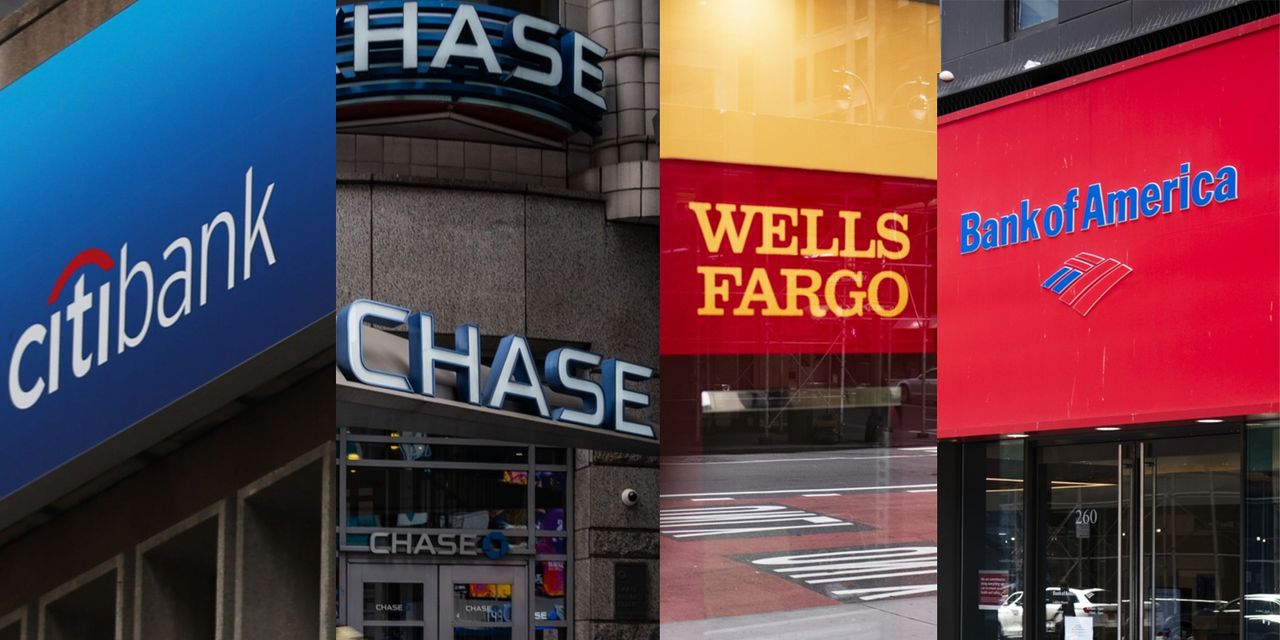The six U.S. biggest banks underperform in the second quarter

As the economic rebound
gives way to a potential recession, big U.S. banks' second quarter profits are
anticipated to decline dramatically from a year earlier on increasing loan loss
reserves.
According to Refinitiv
I/B/E/S statistics, analysts anticipate that JPMorgan Chase & Co. will
report a 25% reduction in profit on Thursday, while Citigroup Inc. and Wells
Fargo & Co. will report profit declines of 38% and 42%, respectively, on
Friday.
When it releases its
financial results on July 18, Bank of America Corp., which, like its
competitors, has significant individual and corporate lending franchises, is
anticipated to reveal a 29 percent decline in profit.
In contrast to a year
ago, when they gained from cutting these cushions as feared pandemic losses did
not materialize and the economy improved, bankers are again increasing their
buffers for expected loan losses, which is what is causing the drop in profit.
A new accounting
standard that became effective in January 2020 requires banks to take the
economic forecast into consideration when setting loan loss reserves.
Despite figures
released on Friday showing the U.S. economy had more employment than
anticipated in June, a recession may still be imminent. According to Reuters,
the first quarter's gross domestic product declined due to weak industrial and
consumer spending estimates.
According to RBC
Capital Markets bank analyst Gerard Cassidy, the banks will need to increase
their reserves.
Cassidy said that the
four biggest lenders in the nation—JPMorgan, Citi, Wells Fargo, and Bank of
America—could record $3.5 billion in loss provisions as opposed to $6.2 billion
in benefits when they reported reserves last year.
The bottom lines of the
banks will appear worse as a result than their core companies. "Pre-provision,
pre-tax profits for the big four" will decline by only 7%, predict
analysts at Barclays led by Jason Goldberg.
As businesses have
begun to borrow more and consumers have resumed using credit cards, banks are
also increasing their reserves in preparation for additional loans.
Jamie Dimon, the CEO of
JPMorgan Chase, issued a hurricane warning about the economy last month, while
James Gorman, the CEO of Morgan Stanley, has stated that a recession has a 50%
probability of occurring.
A 17% decrease in
profits is anticipated at Morgan Stanley, the sixth-largest U.S. bank by assets
and a significant Wall Street participant, according to a Thursday report.
The fifth-largest bank, Goldman Sachs is anticipated to announce a profit decline of 51% by July 18.
In comparison to the
four largest banks, Goldman and Morgan Stanley lend to consumers and businesses
less frequently, thus changes to their loan loss provisions have less of an
impact on their bottom line.
However, due to
increasing volatility, trading revenue is likely to climb, partially offsetting
the expected significant decline in fees Goldman receives on contracts,
including stock and bond underwriting.


Be the first to comment!
You must login to comment